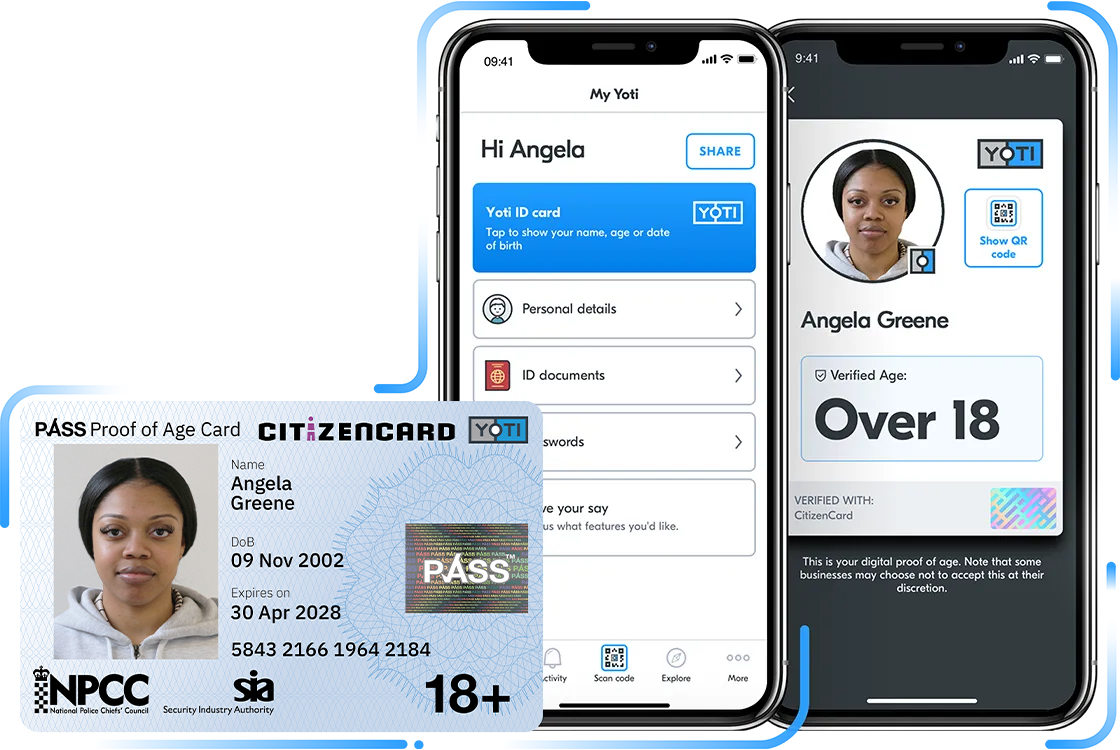Fake ID services have become increasingly sophisticated, leveraging modern technology and the internet to provide counterfeit identification to those looking to bypass legal restrictions. Understanding the intricacies of these services, the risks involved, and the potential consequences is essential for anyone considering their use.
At the heart of fake ID services is the production of counterfeit identification documents that closely mimic official IDs. These services often advertise their products online, touting high-quality replicas complete with holograms, barcodes, and other security features. The process typically starts with the collection of personal information from the customer, including a photograph, name, and date of birth. This data is then used to create old iron id that appears authentic.
The technology behind fake ID production has advanced significantly. Counterfeiters use sophisticated printing equipment, specialized inks, and high-grade materials to produce IDs that can pass casual inspections. They also employ advanced software to replicate the design elements of official IDs accurately. Despite these efforts, fake IDs often fail to hold up under close scrutiny, particularly by trained professionals and modern scanning systems.
Obtaining a fake ID generally involves navigating the dark web or certain clandestine online marketplaces. These platforms operate with a semblance of legitimacy, offering customer support and detailed instructions on how to use the IDs. Transactions are usually conducted through untraceable means such as cryptocurrencies to avoid detection by law enforcement.
The risks associated with using fake ID services are substantial. Legally, possessing or using a fake ID is a criminal offense in many jurisdictions. Penalties can include fines, community service, probation, and even imprisonment. Additionally, having a criminal record can have long-lasting implications, affecting educational opportunities, employment prospects, and eligibility for certain professional licenses.
Beyond the legal ramifications, there are significant financial risks. Many fake ID services require payment upfront, with no guarantee of delivery. Customers often report being scammed, receiving subpar products, or nothing at all. Even if a fake ID is delivered, its quality may be insufficient to pass inspection, leading to legal trouble if detected.
Another critical concern is the risk to personal privacy and security. Providing personal information to a fake ID service can lead to identity theft and other forms of cybercrime. These criminal enterprises often sell collected data on the black market, where it can be used for various illicit activities. The implications of identity theft can be severe, including financial loss and long-term damage to one's credit and reputation.
Using a fake ID also carries immediate social risks. Being caught with a fake ID in public places like bars, clubs, or other venues can result in public embarrassment and social stigma. It can also lead to being banned from certain establishments and negatively impact one's social life and reputation.
Ethically, using a fake ID undermines the systems in place to protect public safety and order. Age restrictions for activities such as drinking, smoking, and entering certain venues are designed to protect young people from harm. By circumventing these rules, individuals not only put themselves at risk but also weaken the effectiveness of these protective measures.
Law enforcement agencies are continually improving their methods for detecting and prosecuting fake ID use. They employ advanced technology and conduct undercover operations to identify and dismantle fake ID services. Despite these efforts, the demand for fake IDs ensures that these operations continue to evolve and adapt.
In
conclusion, while fake ID services may offer a tempting shortcut, the risks and
consequences are significant and far-reaching. Legal penalties, financial loss,
personal security risks, and ethical considerations all weigh heavily against
the short-term benefits. It is crucial to understand these factors and make
informed, lawful decisions. Respecting the law and prioritizing personal
integrity will always lead to better outcomes in the long run.


No comments: